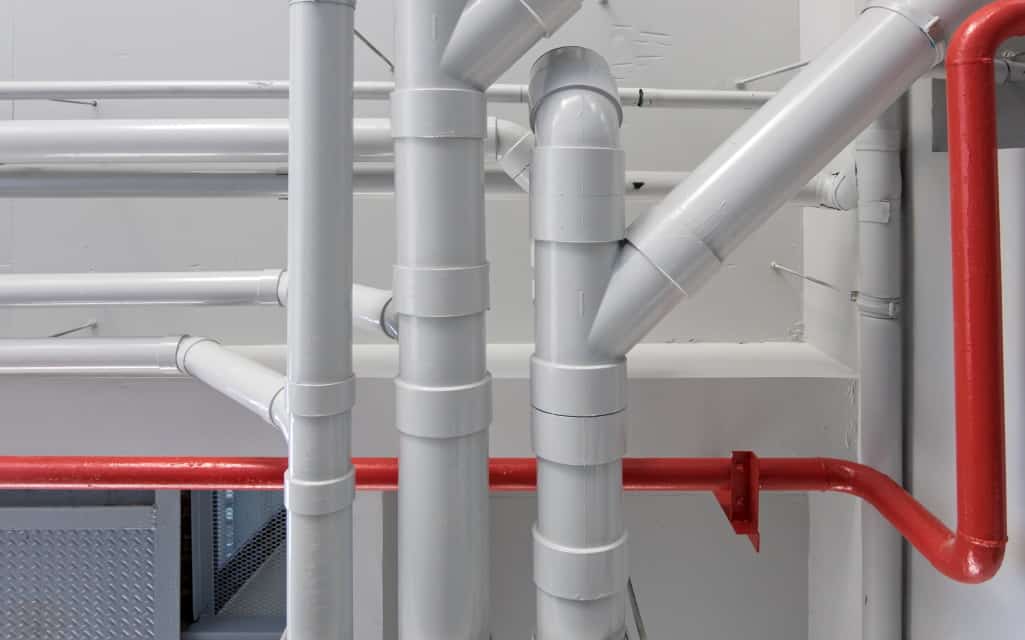If you live in the colder parts of the country, you’re probably very familiar with water pipes bursting in your home or somewhere in your neighborhood. Not only are these issues really annoying, causing your home to be out of water for long periods of time, they can also be financially detrimental if they cause water damage in your home.
Water damage professionals deal with this type of thing on a regular basis, so here are a few suggestions from pros on how to keep your pipes from causing water damage in your home.
Why Do Pipes Burst?
If you’ve never asked yourself that question, the answer may not be as readily apparent as you may think. Why do water pipes burst? The reason is the strange property of water to expand when frozen (unlike most materials which contract). As water freezes inside the pipes in winter, it expands about 10%.
That may be enough to rupture the pipe and cause water damage – if not now, certainly in the spring, when the thaw starts. However, there are a few things you can do to prevent your pipes from freezing, and even if they do, find a way to remedy the situation before any water damage has occurred.
Additional Insulation for Your Installations
Water pipes coming into your home are underground and are mostly protected from the worst effects of the weather thanks to that. However, once the pipes enter your home, they need to go to every room that needs water.
In some cases, that means passing through areas which are not heated, such as the garage or the basement. Those are the critical points you should focus on. Add some insulation around the pipes as they go through those areas.
You should also consider turning off the water supply to outdoor taps or any appliances that are in unheated garages of sheds.
Heating Cables
In some instances, if even the insulation is not enough to prevent your pipes from freezing over, you can install a heating cable. These electric cables keep the pipes warm enough not to freeze, even in the coldest climates in the US.
That being said, these cables use electricity, so you should be aware that you’d be spending more of it. However, compared to the alternative, most people would agree that it is an acceptable trade-off.
Deal with Leaks Promptly
If you notice any kind of leak or crack in your pipes, it is essential that you deal with this problem before the weather turns cold and everything freezes. Leaks and tiny cracks are places where water can collect and, as it freezes, expand – thus causing more damage.
Fixing an annoying small leak before the freeze can save you a lot of money and potential water damage if the pipe ends up bursting.
What If I Notice a Frozen Pipe?
If you see a frozen pipe in your home, you need to act quickly before the frozen pipe can burst and cause damage. The first thing you should do is cut off the water supply and reduce the pressure on the system.
Once the water is cut off, try heating the pipe and gradually thawing it. You can use a hair dryer or a similar device. Some experts even recommend wrapping the pipe in a warm towel or a rag to keep the warmth for longer. Whatever you end up doing, keep in mind that you need to check for cracks or leaks as you thaw the pipe. If you notice anything, it is advisable to call in professionals and let them deal with this potentially dangerous situation.



